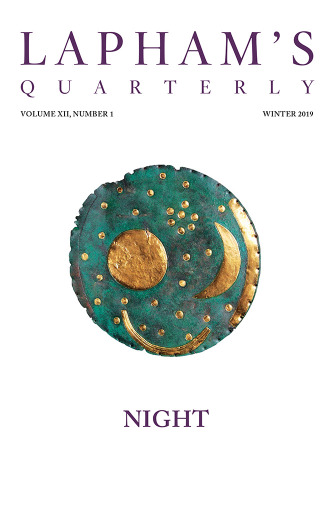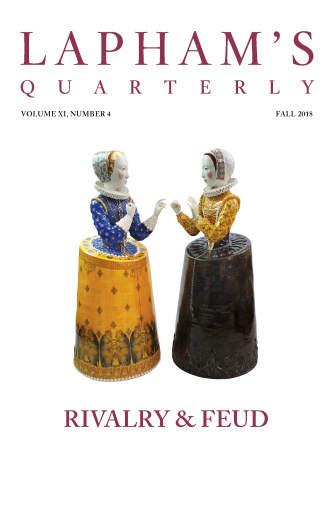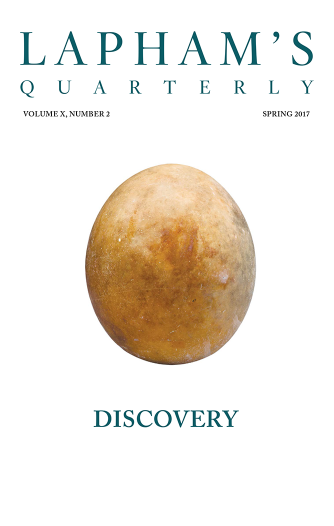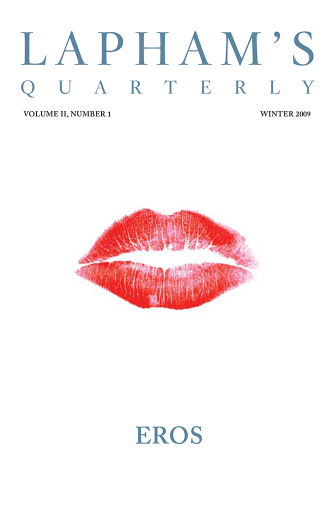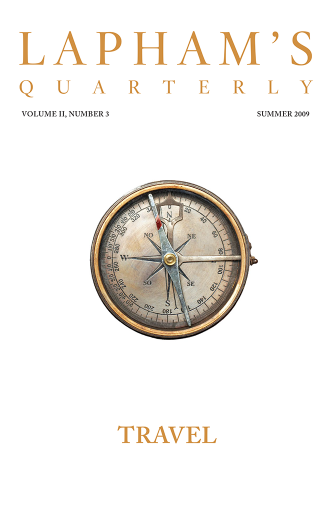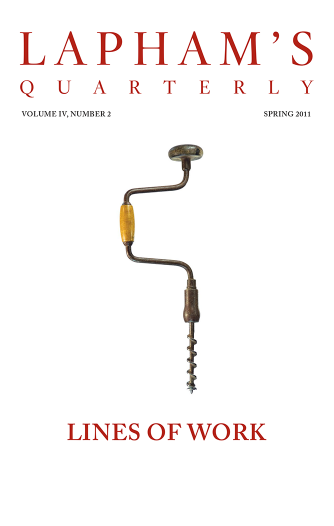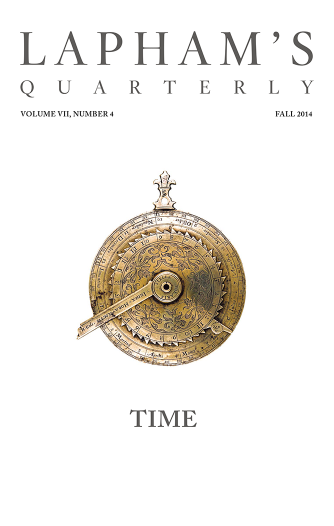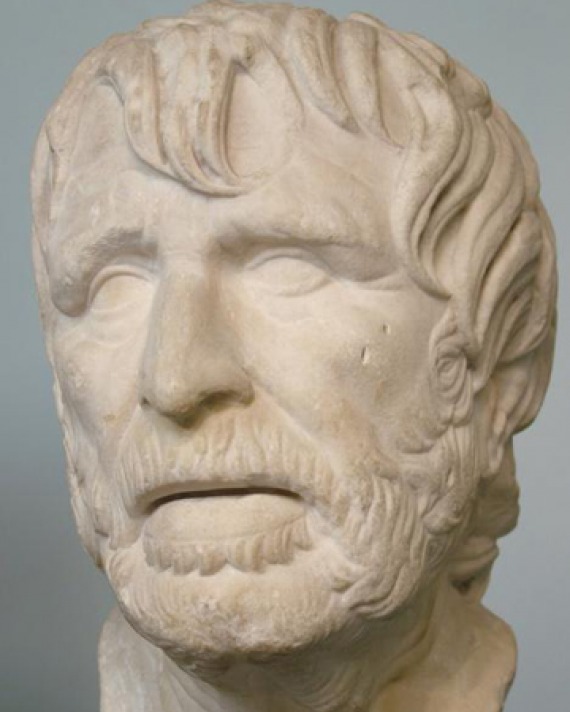
Hesiod
The Greek poet Hesiod spent much of his life farming his father’s land near the town of Ascra. He attributed his poetic gifts to the nine daughters of Mnemosyne, the Muses, who appeared to him one day while he was tending sheep on Mt. Helicon; they asked that he “sing of the race of the blessed gods immortal.” His two epic poems, Theogony and Works and Days, date from roughly the same era as Homer’s Iliad and Odyssey and the introduction of the Greek alphabet.
